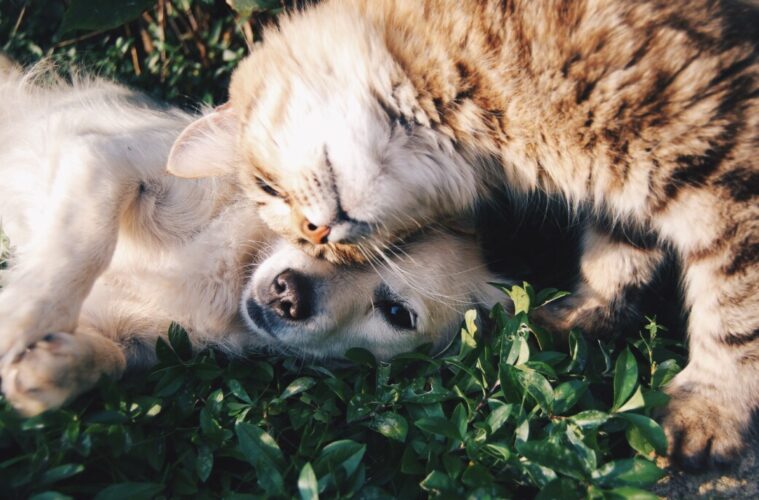It’s crucial for your pets to keep up with their vaccinations, explains Joanna Everett MRCVS, Clinical Director at the Bath Vet Group
With more and more people in the UK receiving the vaccination that will allow life to get back to something like normal, now seems an appropriate time to talk about the importance of vaccinations to our pet’s health too. Just as with humans, our pet’s immune system helps protect against disease causing organisms (pathogens) that cause infection.
However, some pathogens, usually those the body doesn’t recognise, can overwhelm the immune system causing serious illness. Vaccination is a way to ‘teach’ the immune system how to recognize and fight specific viral and bacterial diseases in preparation for potential environmental exposure.
Puppies, kittens and rabbit kits are normally safe from most infections for the first few weeks of their lives thanks to the immunity passed onto them through their mother’s milk. However, as this maternally derived immunity wanes, vaccinating your new addition is one of the most important things you should do in your first few weeks as a responsible pet owner, and keeping these vaccinations up to date is a critical part of your proper preventive healthcare programme.
Research by the PDSA shows that vaccination rates in the UK are dropping, especially in young animals. Their 2017 results show that just 75% of dogs (seven million) and 65% of cats (6.7 million) received a primary vaccination course. These are the lowest levels ever recorded by the PDSA Animal Wellbeing Report and compares with 82% of dogs and 72% of cats in 2011.
The ‘core’ vaccinations for UK dogs are canine distemper virus, canine adenovirus/ infectious canine hepatitis, canine parvovirus and leptospirosis. Core vaccinations for cats are flu and enteritis if indoor only, plus feline leukaemia if your cat has any outdoor activity. For rabbits its rabbits myxomatosis and the two forms of rabbit viral haemorrhagic disease.
Ensuring your pets vaccinations remain up to date is also a requirement of reputable boarding kennels/catteries, while rabies vaccination is a key part of the pet travel scheme if your dog or cat travels abroad with you, while many insurance policies will also require you to keep your pet’s preventative treatments up-to-date.
Sadly, a lot of the diseases your pet can catch if they aren’t vaccinated are fatal or will leave them with long-term health problems. So, now is the time to dig out your pets vaccination records and ask yourself the question – is my pet fully protected against everything he or she could be?


